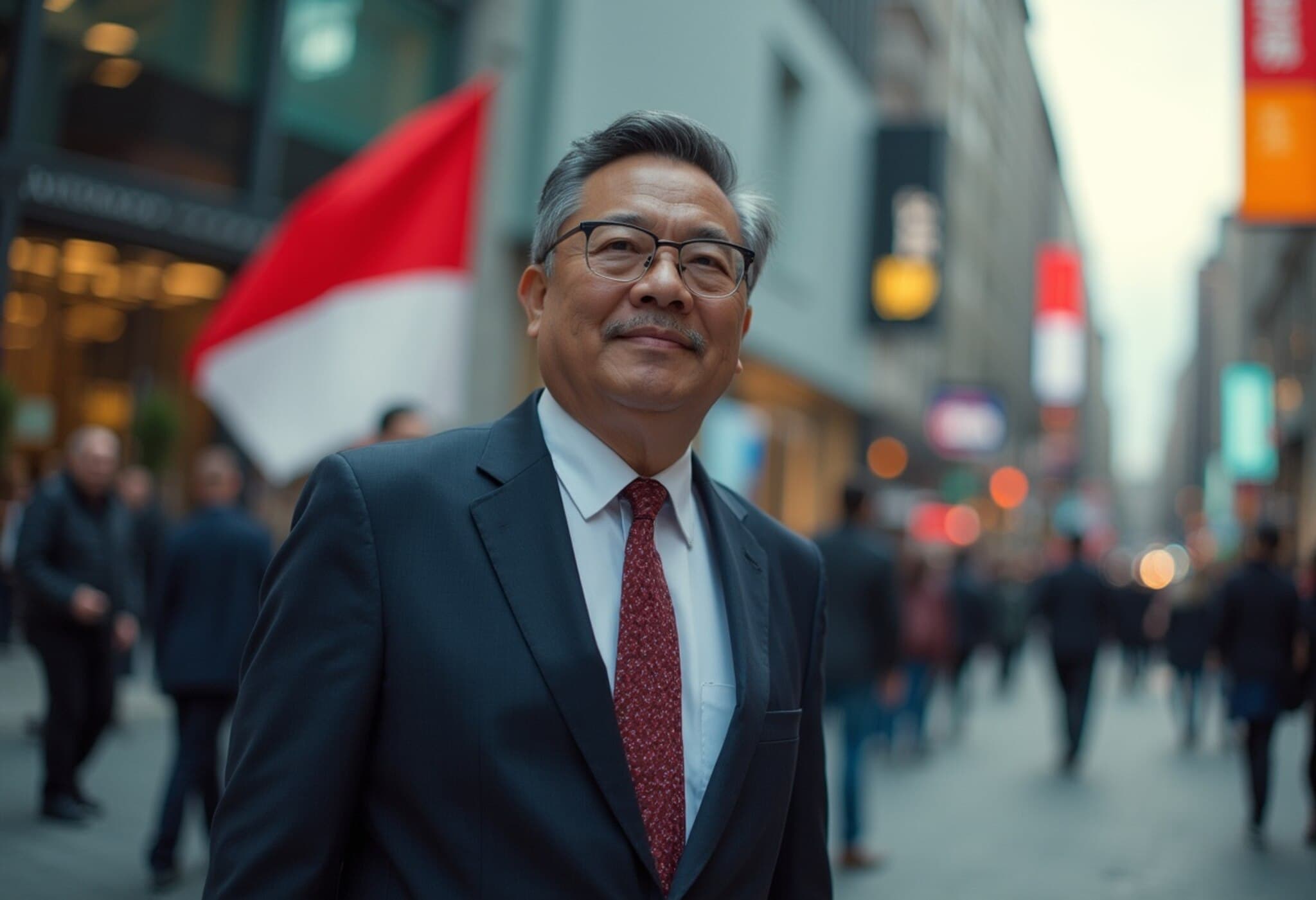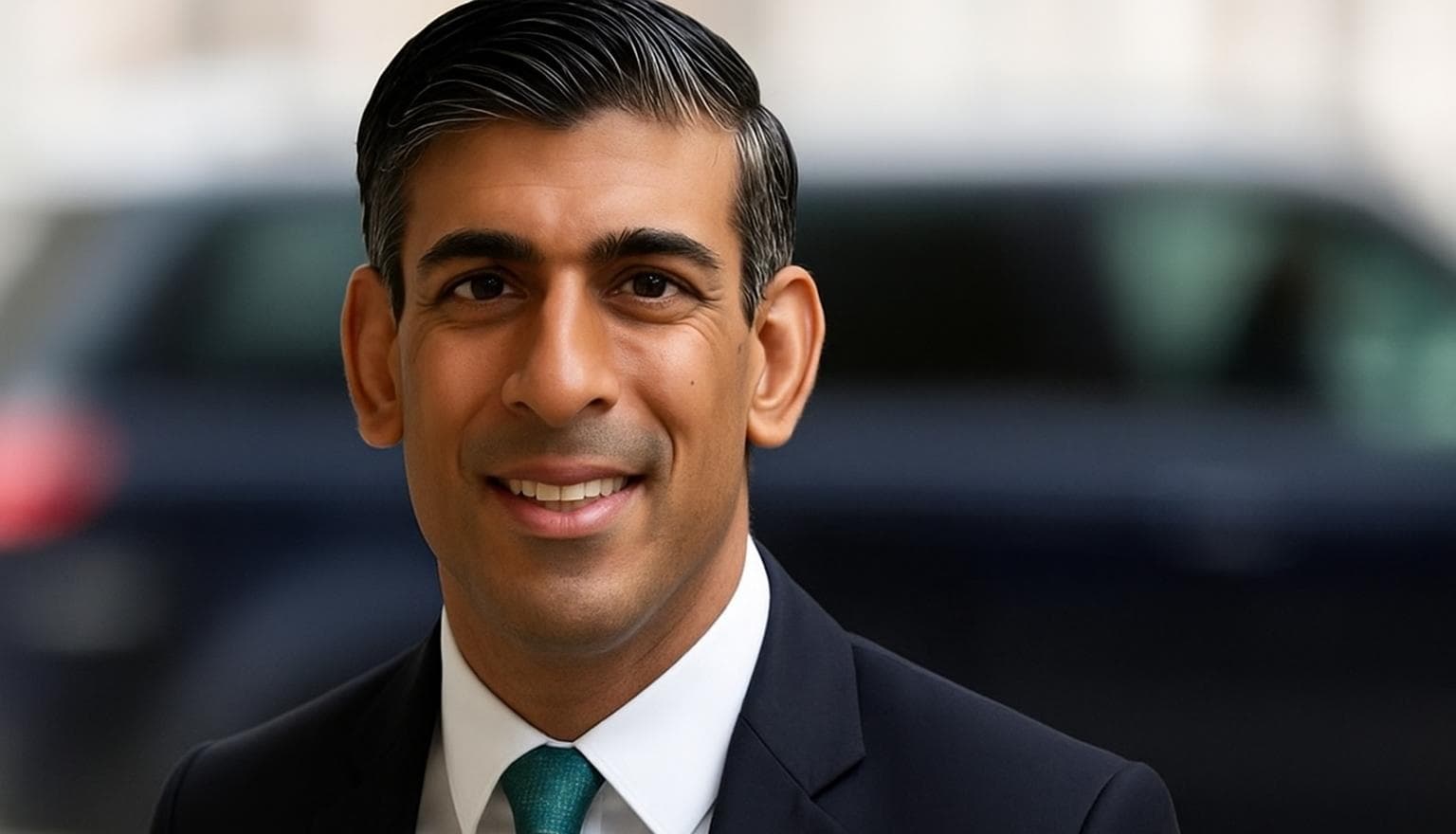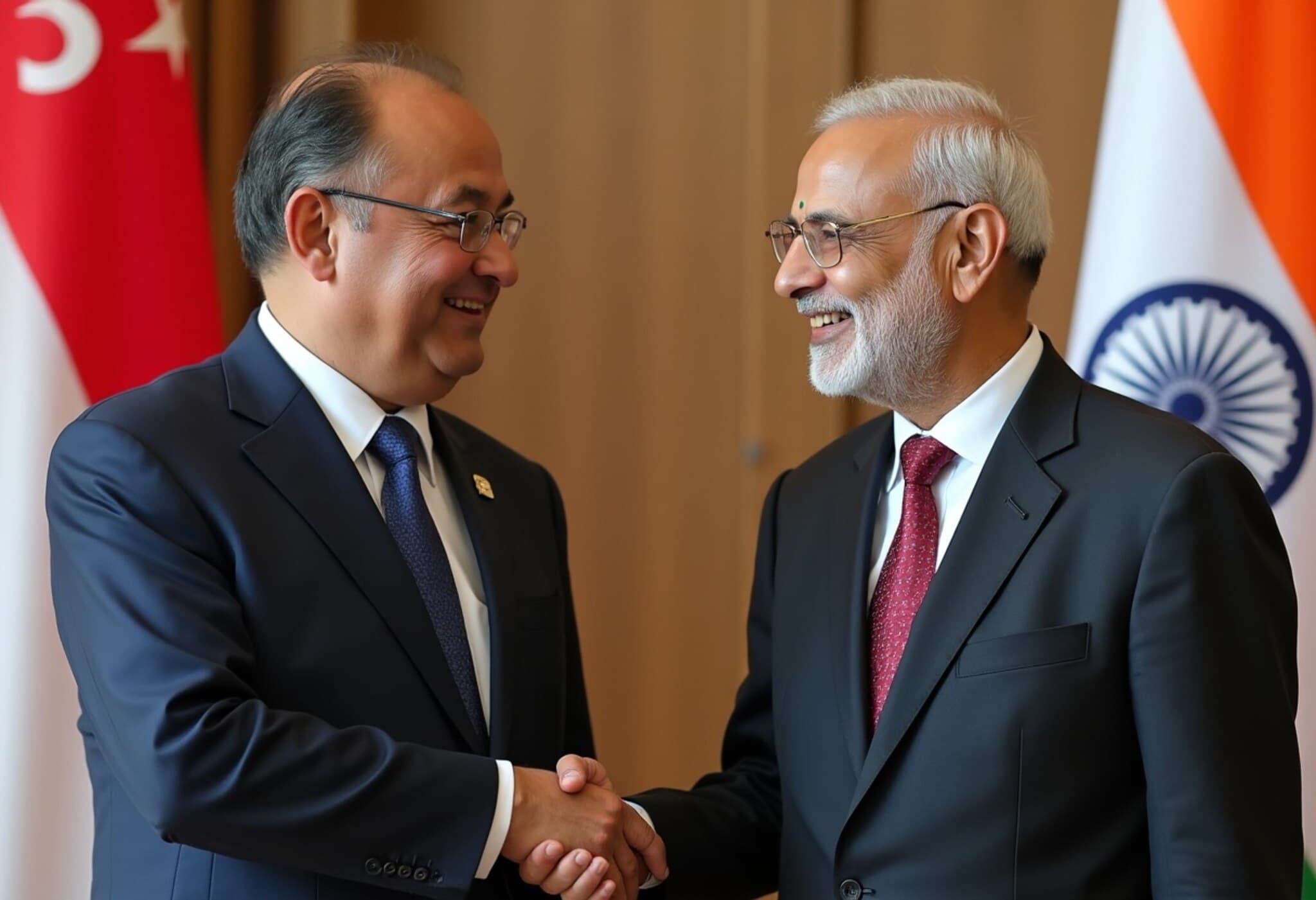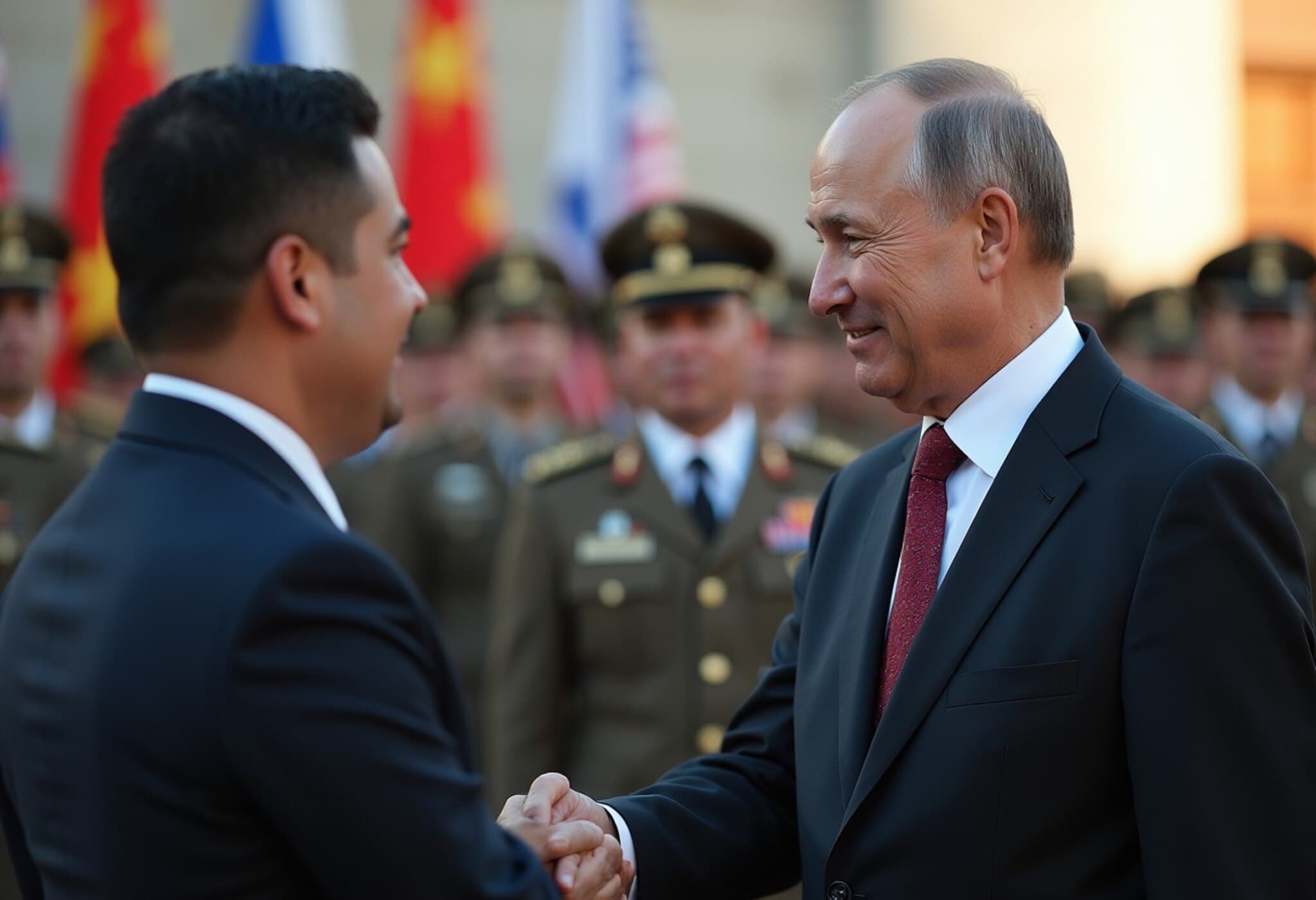Singapore’s Temasek Embraces Defense Sector Within ESG Framework
As global tensions reshape defense priorities, Singapore's sovereign wealth fund Temasek is revisiting its stance on investing in the aerospace and defense industry—an area traditionally viewed with skepticism within Environmental, Social, and Governance (ESG) investing circles. Rohit Sipahimalani, Temasek’s Chief Investment Officer, shared with CNBC that the fund is actively exploring opportunities in the booming European defense sector, recognizing its growing strategic significance.
Defense Stocks Surge Amid Heightened Geopolitical Risks
European defense stocks have surged, with the Stoxx Europe Aerospace and Defense index hitting record highs this year and registering gains of nearly 54%. This spike comes as governments across Europe announce increased budget allocations to national security and defense modernization amidst a volatile geopolitical landscape.
Temasek’s Investment Principles and National Sovereignty
Temasek, managing a portfolio valued at 434 billion Singapore dollars ($339 billion), emphasizes a rigorous ESG framework in its investment decision-making. Sipahimalani acknowledged the ethical complexities around defense investments but framed defense spending as indispensable for national sovereignty—paralleling it with other sovereignty concerns such as food and energy security.
"We would invest in companies that comply with international norms, such as the UN treaty on nuclear non-proliferation, and adhere to the legal frameworks of Singapore and the markets where they operate," he explained. Each potential investment undergoes detailed scrutiny to ensure alignment with Temasek’s commitment to responsible stewardship.
The Changing Landscape of ESG and Defense
Historically, many ESG funds have excluded defense stocks due to moral concerns over their products' use in military contexts. However, as defense companies experience robust growth fueled by increased government spending, ESG investors—including major institutional funds—are reassessing the ethical calculus.
- Defense is increasingly viewed as integral to a nation’s security apparatus, a core component of social stability and governance.
- Investors are balancing profit motives with compliance to global treaties and ethical guidelines, reflecting nuanced ESG approaches.
- Temasek’s shift underscores a broader trend where ESG frameworks evolve to include sectors previously considered off-limits, highlighting the complexity of modern investment ethics.
Expert Insight: The American Context
From a U.S. policy perspective, this pivot by Temasek aligns with longstanding debates about the intersection of ESG principles and national security interests. American investors and policymakers have wrestled with whether supporting defense contractors contradicts sustainable and ethical investing guidelines.
The evolving narrative suggests that ensuring national defense capabilities can constitute a social good by preserving democratic institutions and peace—critical factors underpinning societal wellbeing. Temasek’s approach exemplifies how sovereign funds might navigate these dense ethical waters, blending profitability with geopolitical prudence and ESG compliance.
What Lies Ahead?
As geopolitical uncertainties persist and defense budgets expand globally, the investor community will likely continue to wrestle with how to reconcile ESG mandates with strategic imperatives. Temasek’s recognition of defense as a strategic ESG bet may foreshadow a recalibration of investment norms globally, especially among sovereign wealth funds and institutional investors.
Editor's Note
This development invites broader reflection on what ESG truly encompasses in a complex world. How can investors meaningfully balance ethical imperatives with the pragmatic need to support sectors vital to national security? Temasek’s nuanced position challenges the binary perception of 'good' versus 'bad' investments and underscores the evolving multidimensional nature of ESG. For readers and investors, understanding these trade-offs is key to navigating the future of sustainable investing amid geopolitical realities.



















